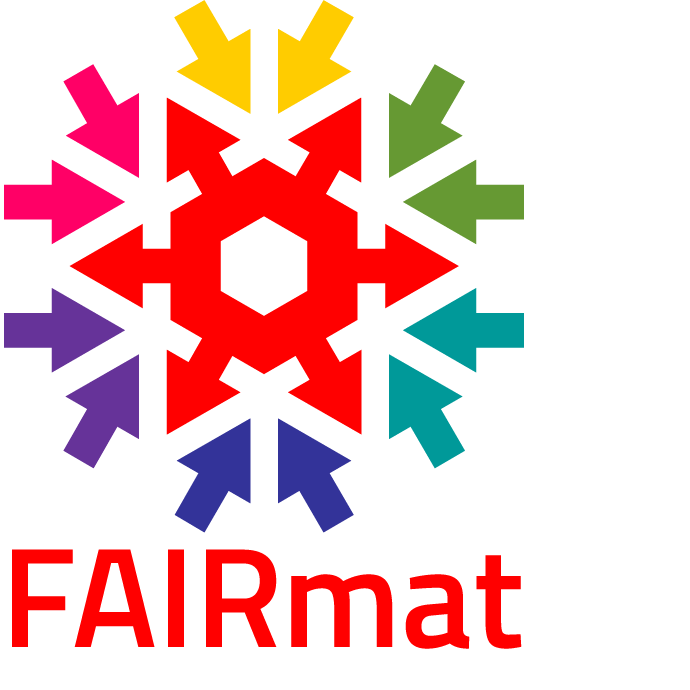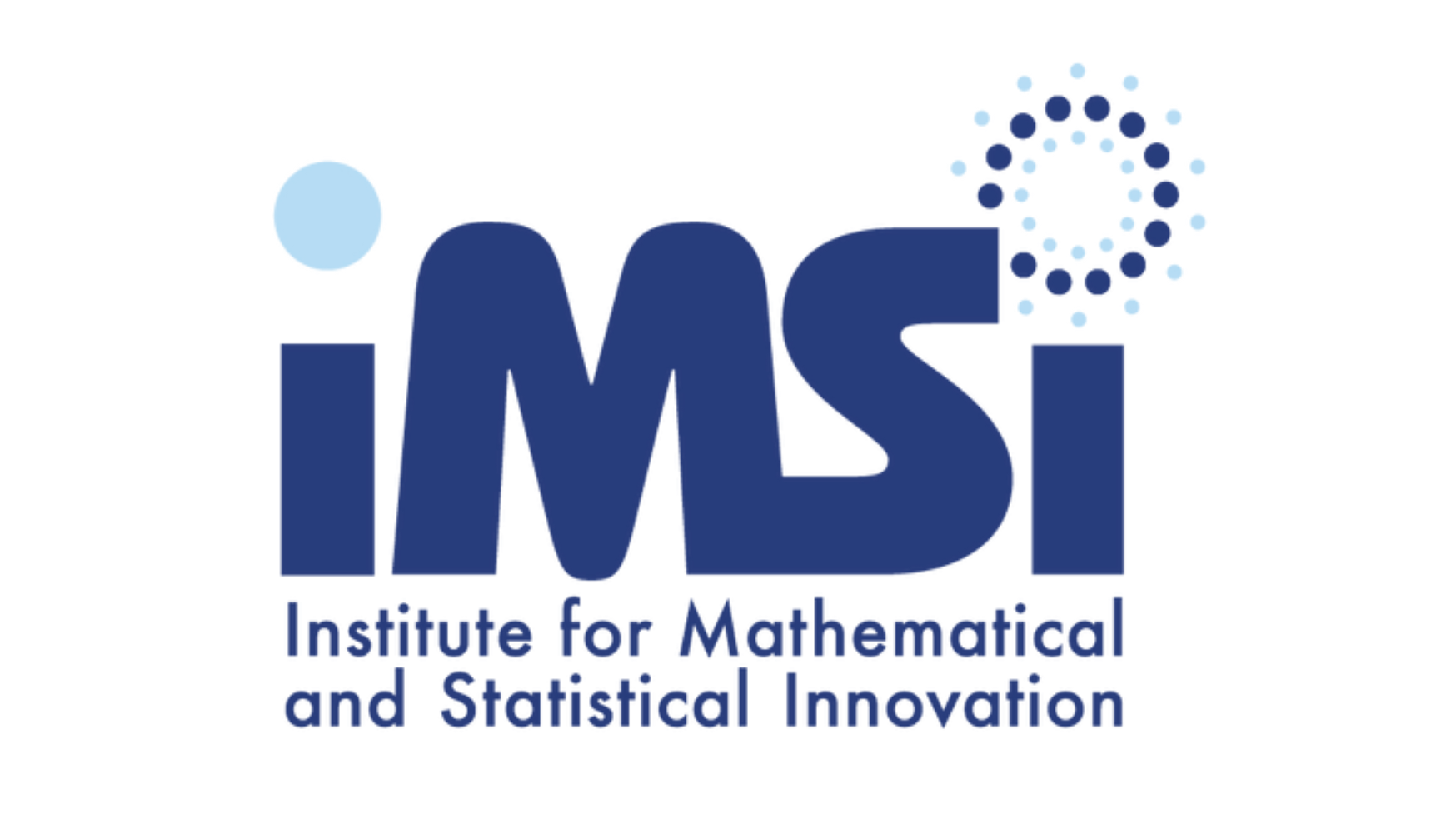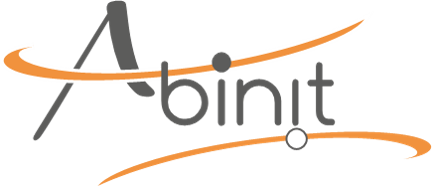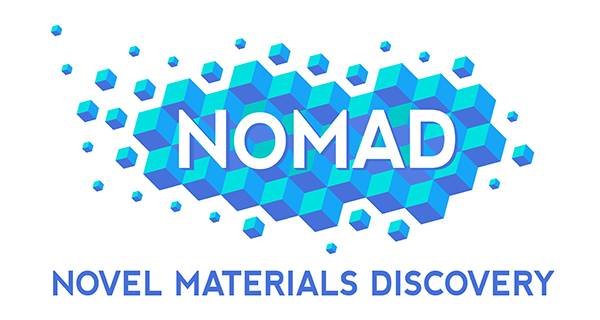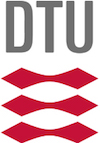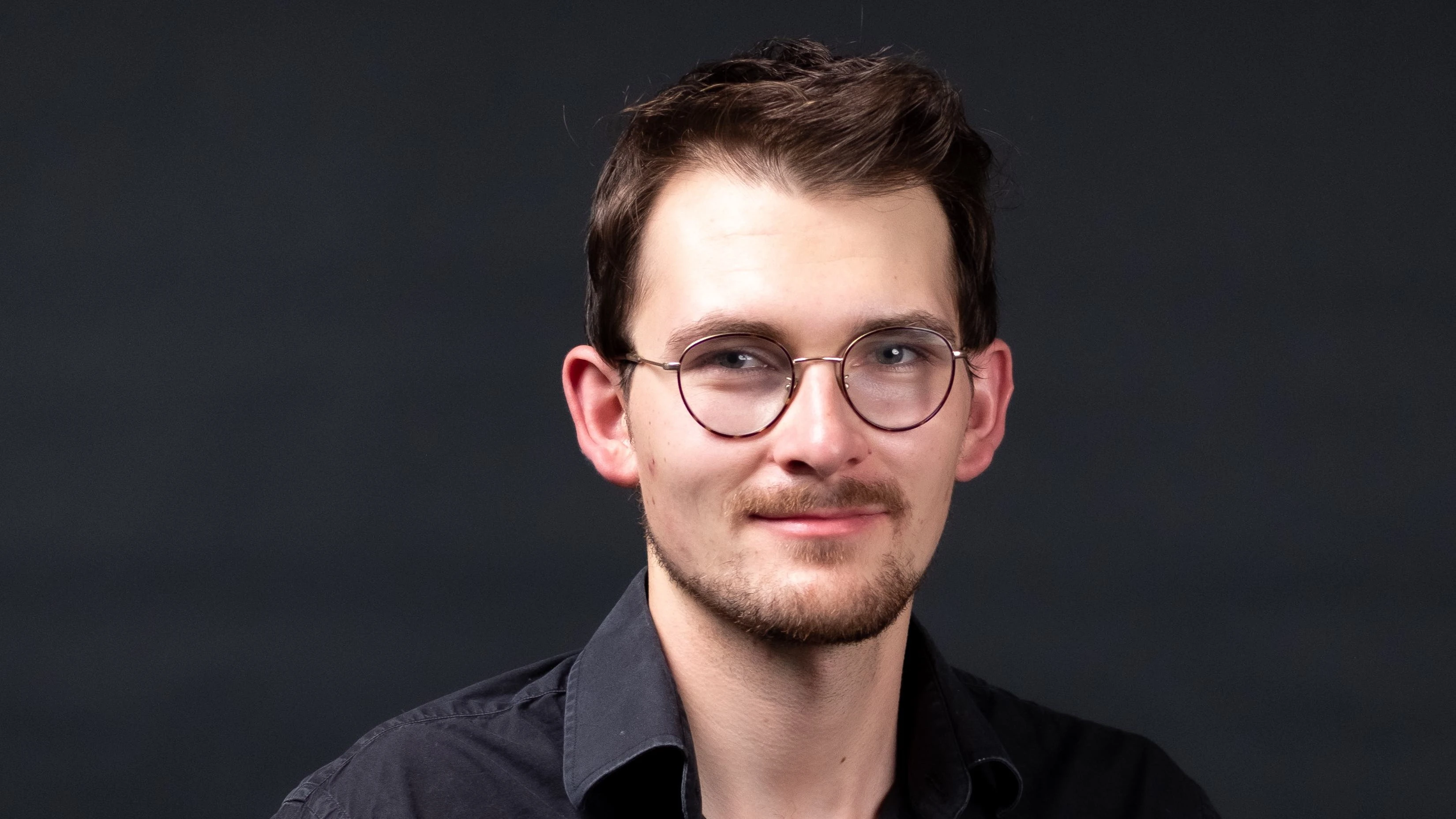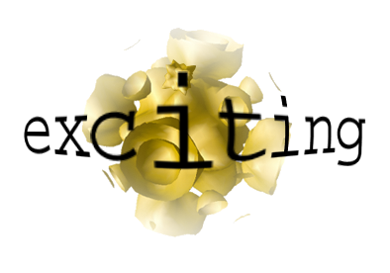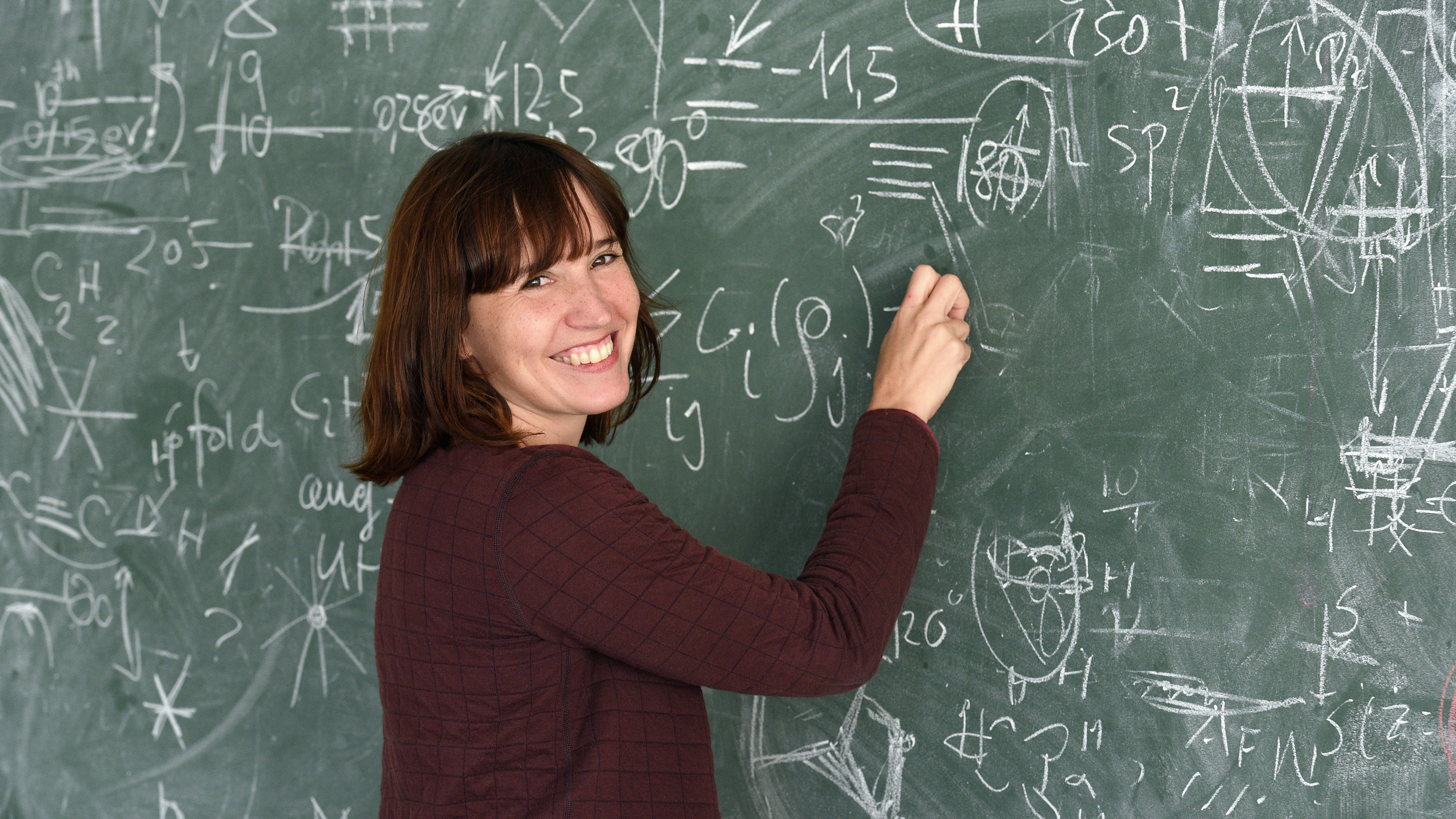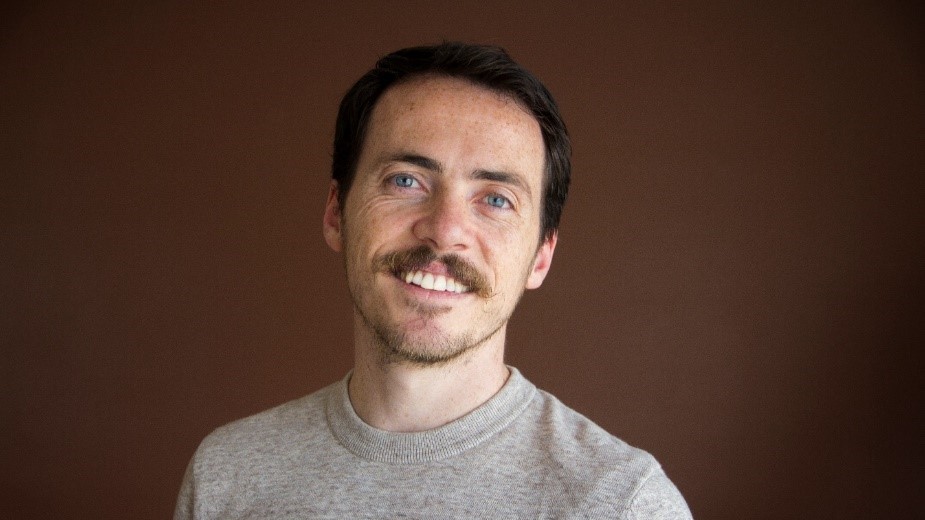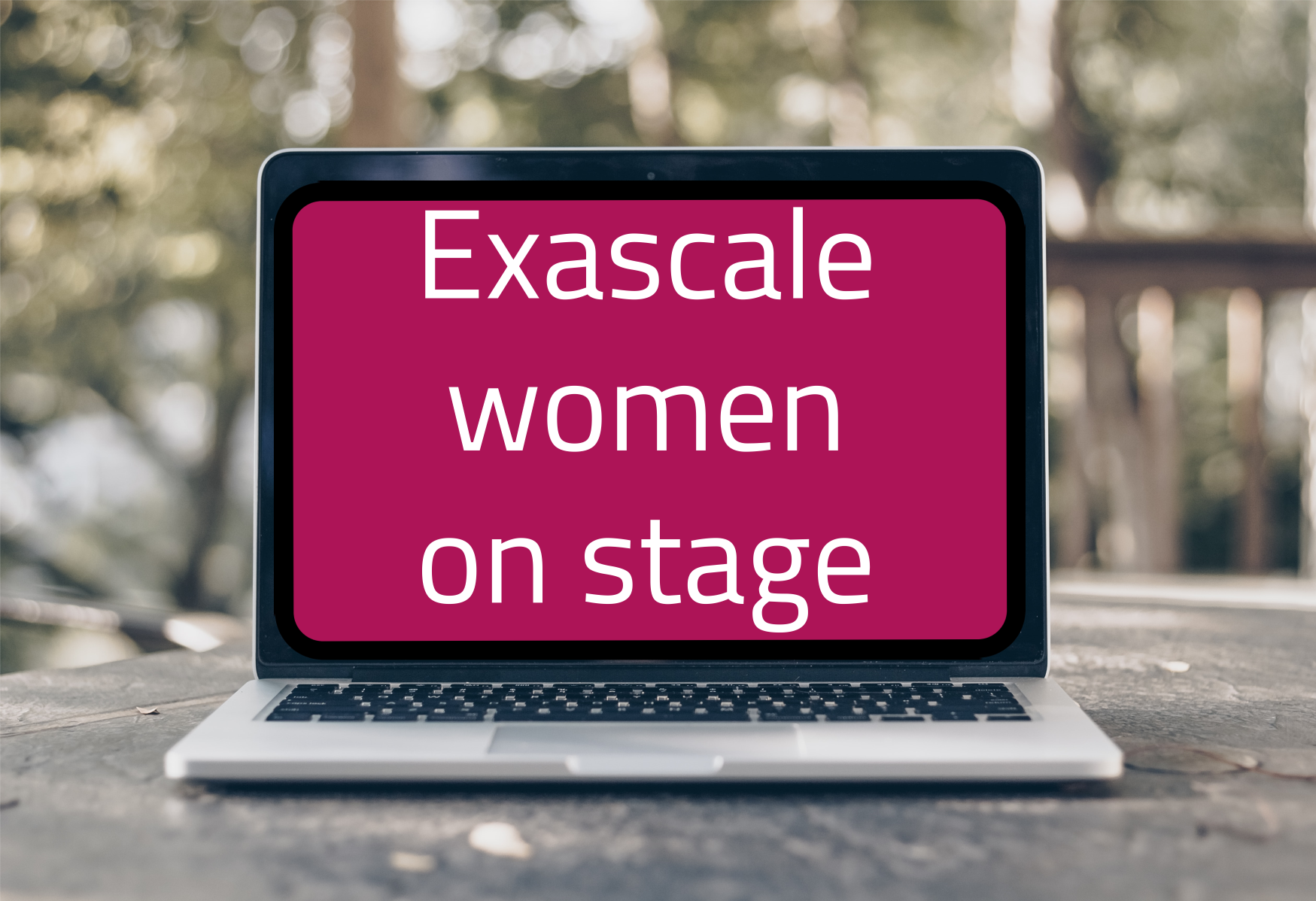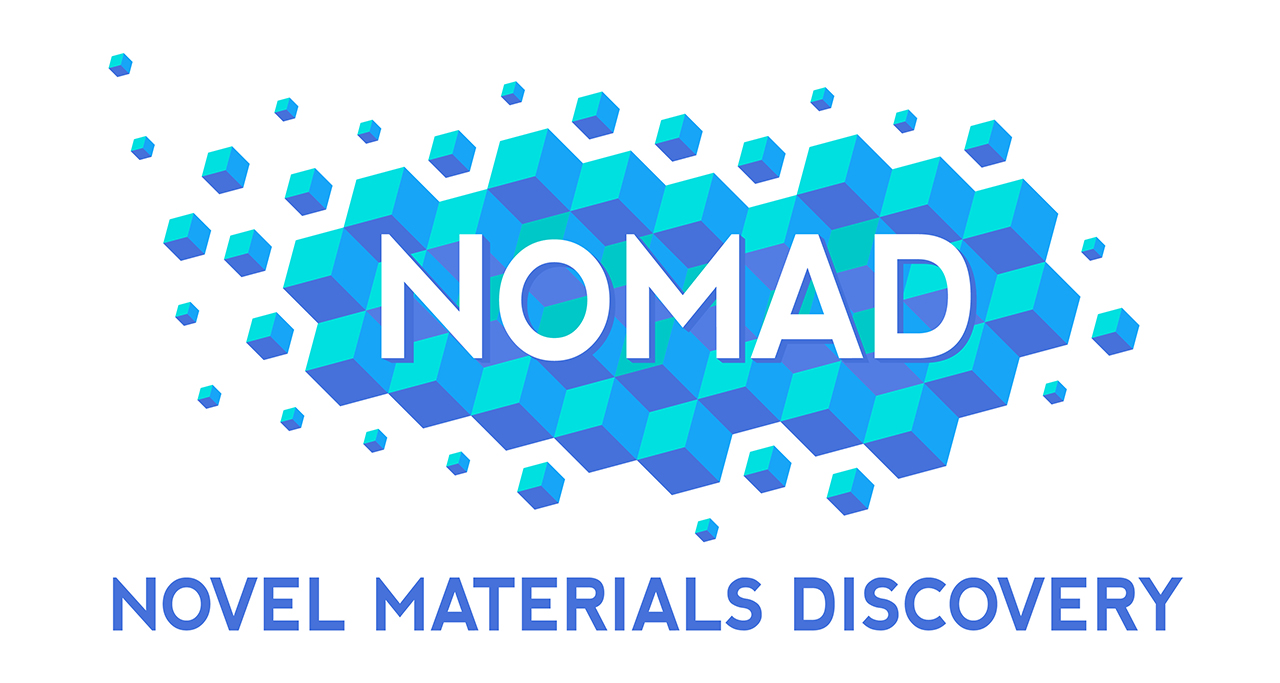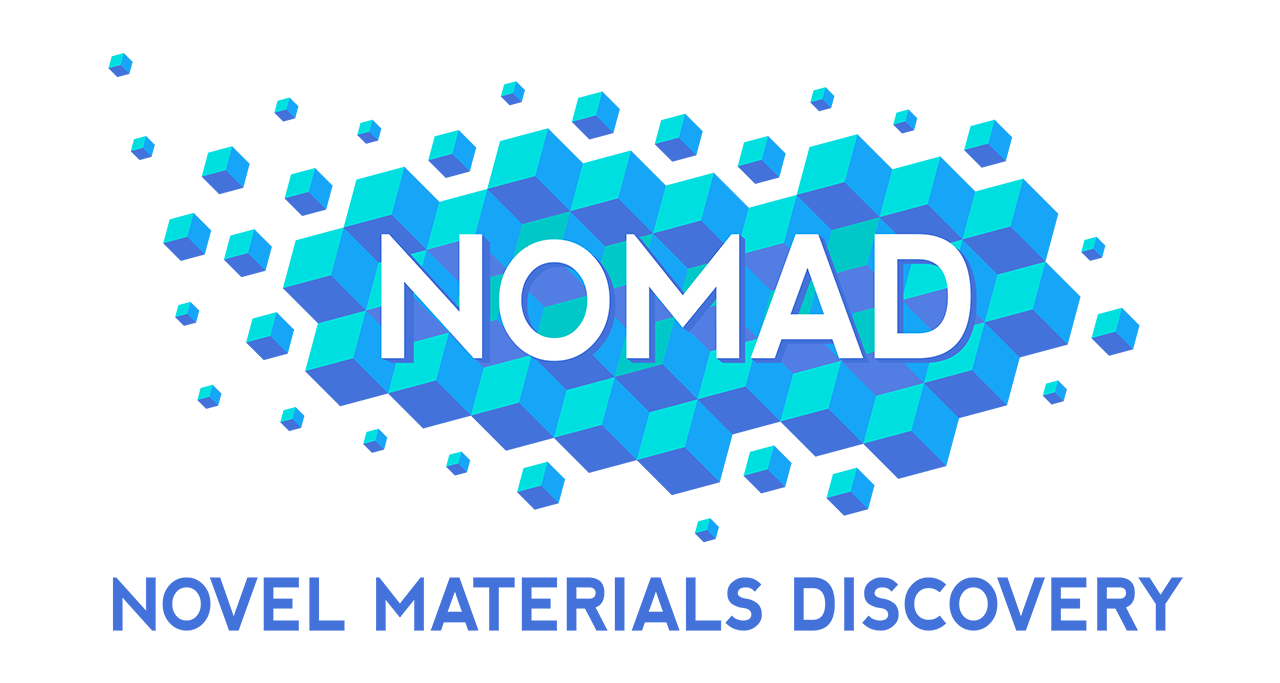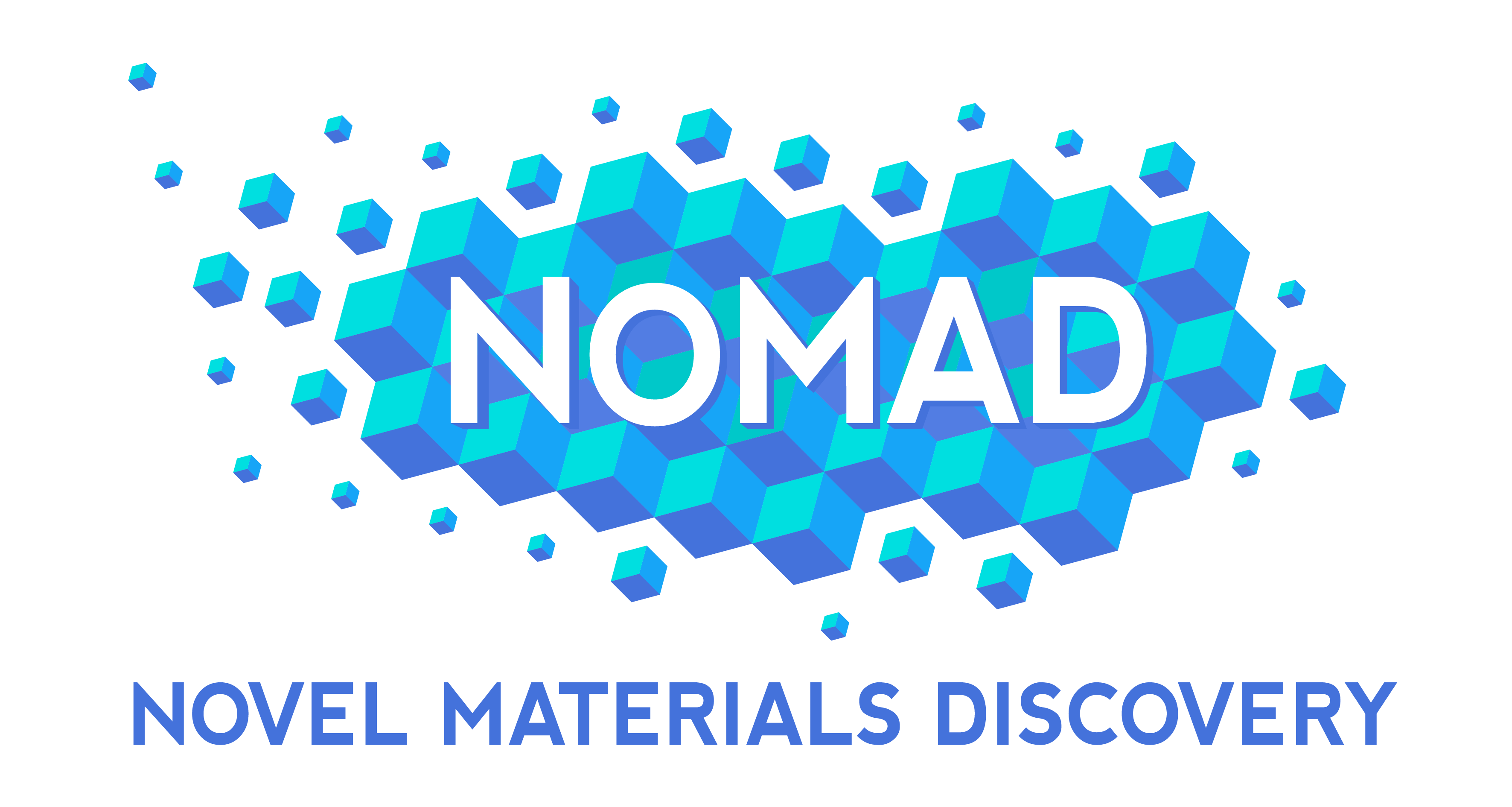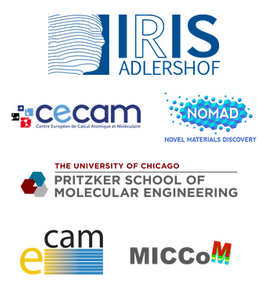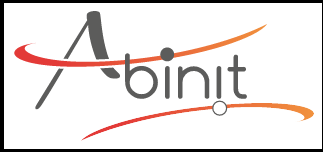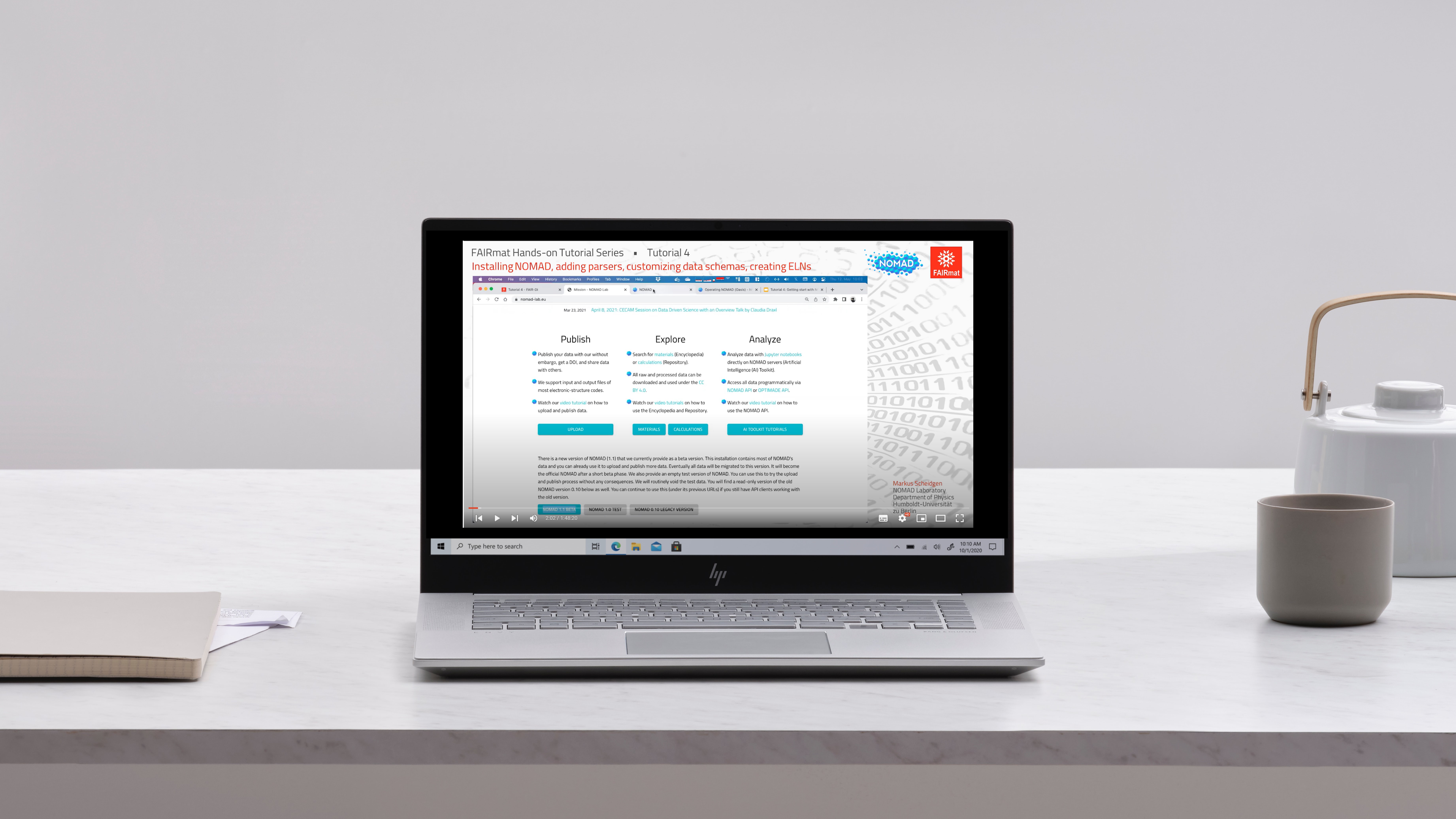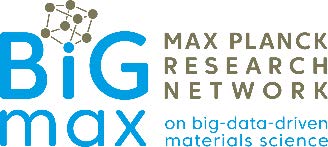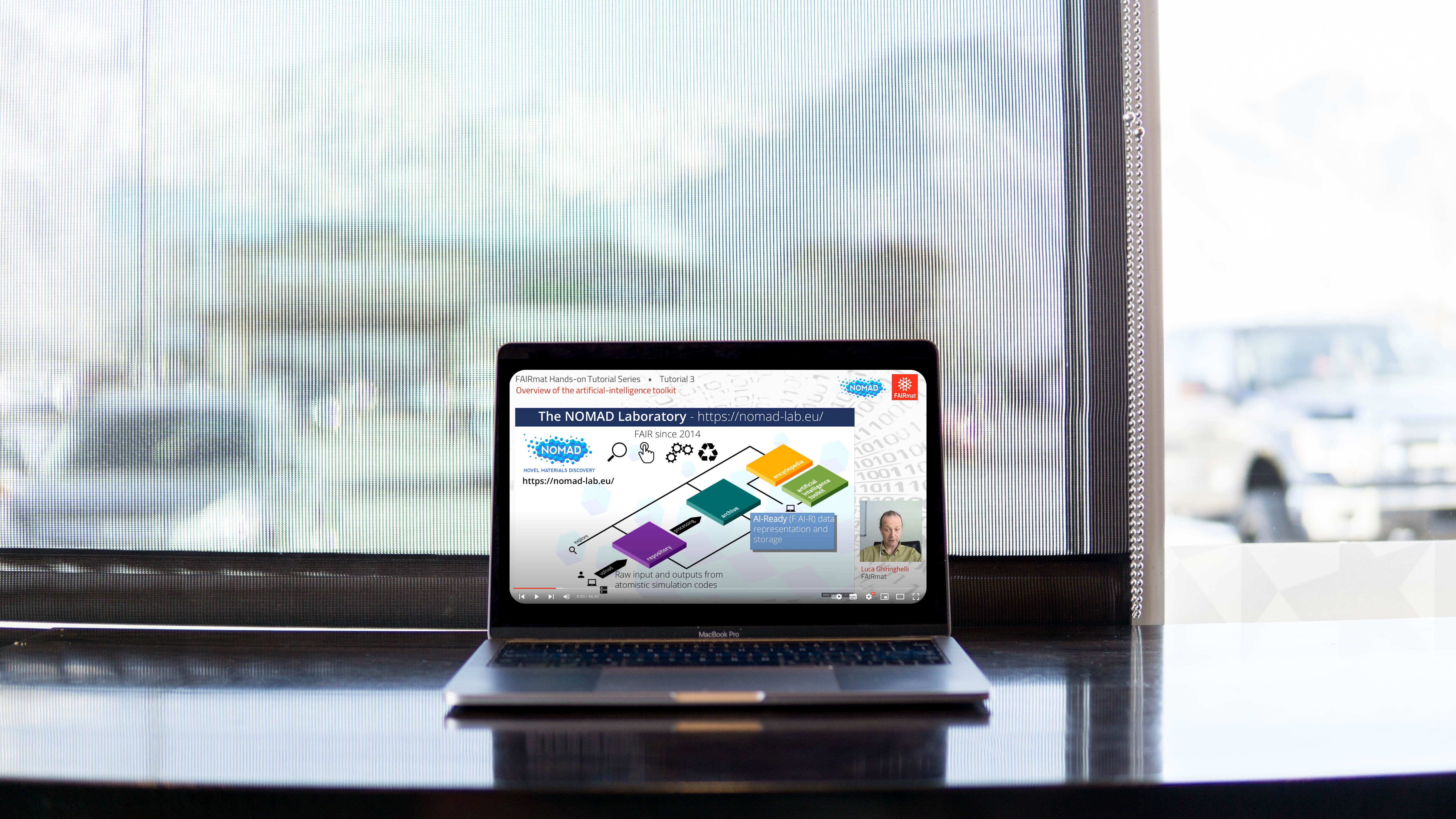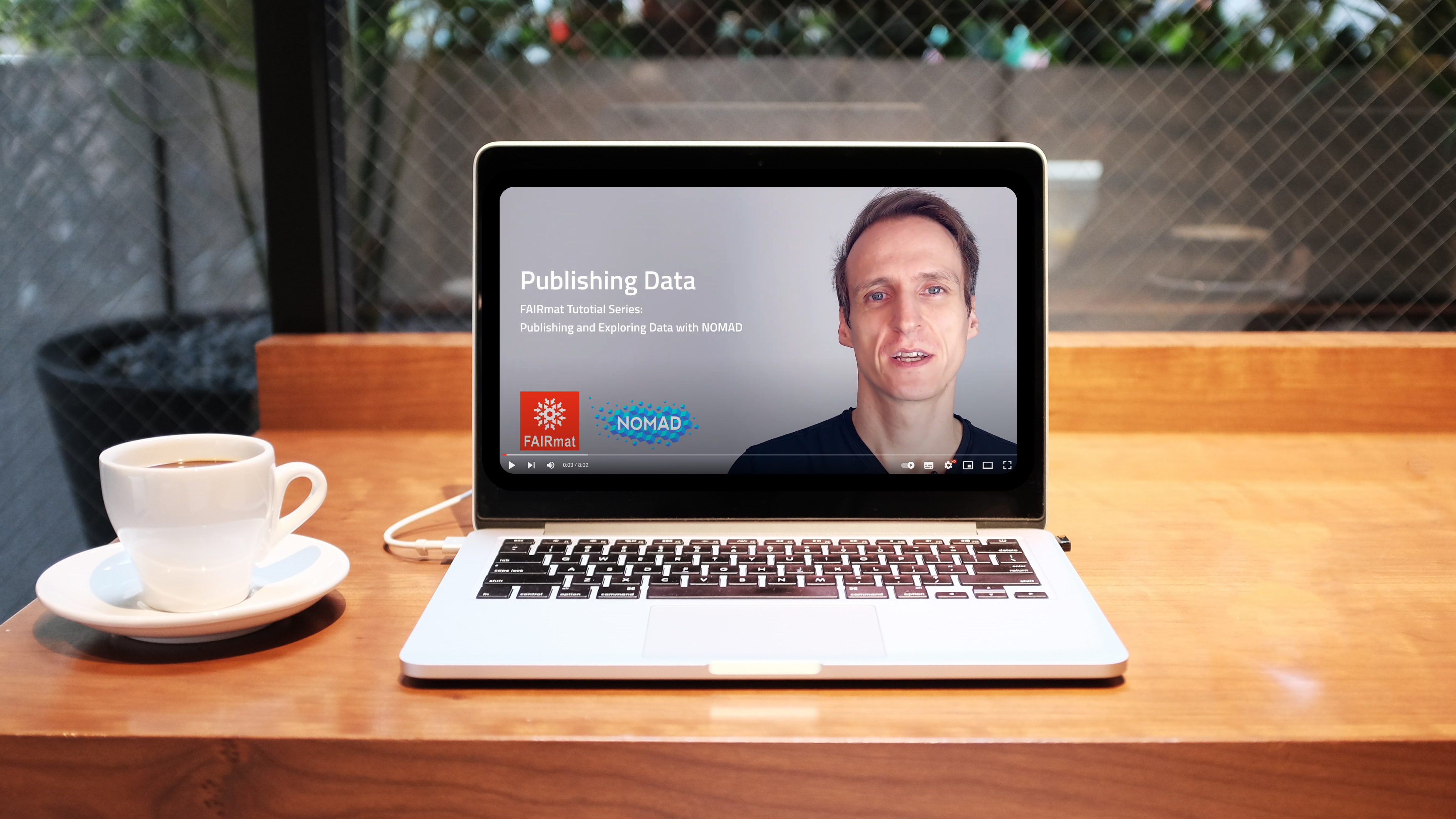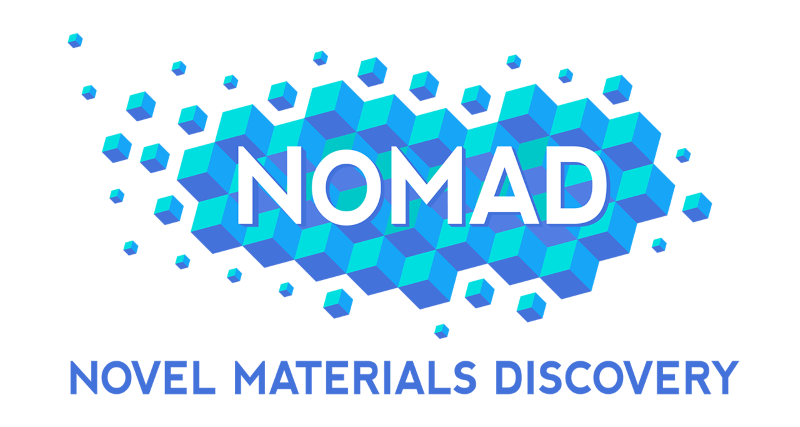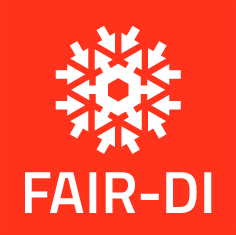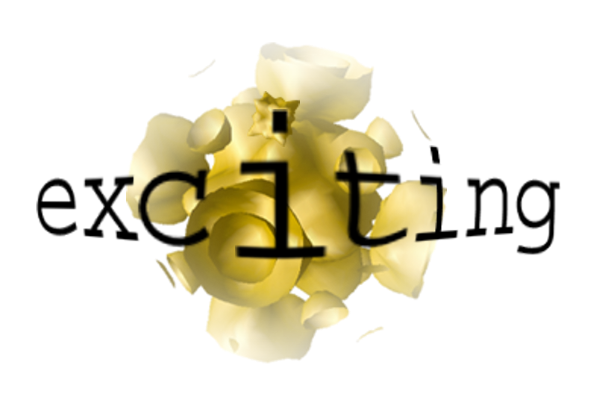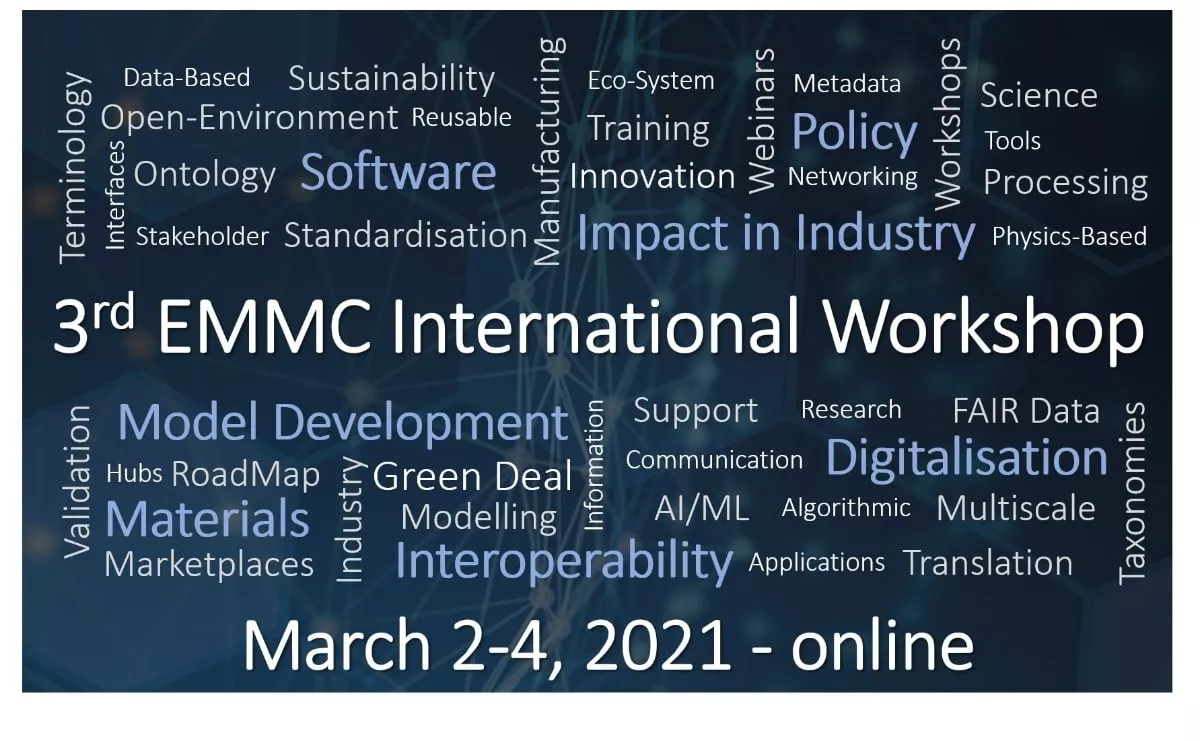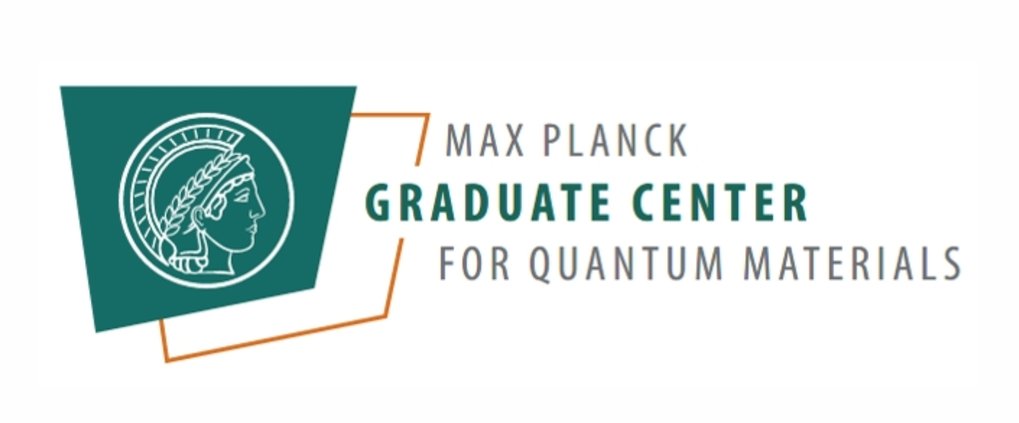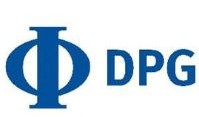2024
The aim of this program is to bring together a diverse scientific audience, both between scientific fields (physical sciences, materials sciences, biophysics, etc) and within mathematics (mathematical modeling, numerical analysis, statistics and data analysis, etc), to make progress on key questions of materials informatics. Applications received by January 1, 2023 will be given first priority for consideration.
This event is planned to gather people collaborating on WP2 (also on WP8) in order to possibly finalize and clean up the libraries that have been developed over the three years of the CoE, and make them available on GitHub.
Towards ab initio simulations on exascale supercomputers.
2023
Join us for the FAIRmat seminar on September 15, 2023 at 11:00, in IRIS Adlershof (Berlin) and online, with speaker Kevin Jablonka (Helmholtz Institute for Polymers in Energy Applications of the University of Jena and Helmholtz Center Berlin).
This hackathon is meant for code developer teams targeting the GPU partition of LUMI with AMD MI250X GPUs. The participating teams will be mentored by experts from AMD and CSC.
The aim of this event is to survey the state-of-the-art of theoretical and computational approaches to describe different kinds of excitations (optical, magnetic, vibrational, etc.) in condensed-matter systems, to discuss future perspectives of these methodologies and their applications in different research fields, and to confront advances in theoretical and computational methods with the latest developments in experimental techniques as well as applications.
HoW exciting! 2023 will consist of two closely related events, a hands-on tutorial and an international workshop.
You are invited to join us for the FAIRmat seminar on July 28, 2023 at 11:00, in Berlin-Adlershof and online. Maia G. Vergniory (Max Planck Institute for the Chemical Physics of Solids, Dresden) will give the talk High-throughput search of topological materials and meta-materials.
Learn to unleash the power of supercomputers in the CSC Summer School in High Performance Computing 2023. The school is aimed at graduate students working in various fields of science, e.g., chemistry, physics, life sciences, engineering or economics as well as Industrial R&D professionals. Undergraduates as well as post-docs will also find the school very useful.
The ten days of school are filled with coding, sports, leisure activities and having good time together. School consists of lectures and hands-on exercises on LUMI, currently the most powerful supercomputer in Europe.
You are invited to join us for the Physical Sciences in NFDI colloquium on June 15, 2023 at 11:00, in Berlin and online. Taylor D. Sparks (University of Utah) will give the talk Materials informatics: Moving beyond screening via generative machine learning models.
In June 2023, we will host the workshop and hackathon "Exascale women on stage"! This event is organized by women for women to learn about each others' research, build professional networks, and create a short video series about women working on the exascale. The event is open to all female scientists at all professional levels.
NVIDIA and the MPCDF are hosting a GPU Bootcamp open to all researchers and code developers of the Max Planck Society. During this online Bootcamp, participants will learn how to apply AI tools, techniques, and algorithms to real-life problems. This online Bootcamp is a hands-on learning experience where you'll be guided by mentors throughout the process.
From 26 March to 31 March 2023 the DPG Spring Meeting of the Condensed Matter Section (SKM) will take place on the campus of the Technical University Dresden.
Find FAIRmat at:
- The focus sessions Making Experimental Data F.A.I.R. – New Concepts for Research Data Management (O84/TT56 & O95/TT68)
- the discussion session NFDI and FAIR research data: benefit or burden? (PSV X)
- our exhibition booth!
NOMAD CoE researchers will be present at the focus session Frontiers of Electronic-Structure Theory - Large-scale Calculations Enabled by Sharing Developments and Tools.
Here, we will showcase how to accelerate your classical Machine Learning and Deep Learning workloads on Intel architecture. We will present the Intel optimizations of commonly used data science libraries, classical Machine Learning libraries and of course, the optimizations of Deep Learning libraries. We will also discuss various topics regarding hyperparameter optimization, AI on HPC system, inference optimization with OpenVINO library and compression techniques using Intel Neural Compressor.
2022
The MPCDF "Advanced HPC workshop" (for MPG and NOMAD, in collaboration with Nvidia and Intel) has been scheduled for Nov 22-24, 2022. There will be 1.5 days of tutorials and 1.5 days of "code camp".
Bringing eigensolvers and electronic-structure codes to exascale architectures requires further, considerable community efforts in the coming years. To facilitate and coordinate these efforts, this workshop aims at bringing together the key players from different fields.
The MPCDF course "Python for HPC" teaches strategies to write well-performing Python code suitable for HPC environments. The online lectures focus on performance-related topics such as NumPy, Cython, Numba, compiled C- and Fortran extensions, profiling of Python and compiled code, parallelism using multiprocessing, mpi4py, dask and ray, and efficient IO with HDF5. In addition, topics related to software-engineering are covered such as packaging, publishing, testing, and the semi-automated generation of documentation. Finally, basic visualization workflows using matplotlib and related topics are discussed. The lectures will take place in the morning from 9:00 to 13:00, and the exercises will be discussed in the later afternoon starting from 16:00.
This course gives basic to intermediate level knowledge on HIP programming. It starts with a basic introduction to writing GPU applications using HIP. Then, building on this, more advanced topics are introduced. These enable one to write efficient HIP applications, including asynchronous execution with streams, utilizing performance tools and how to write efficient kernels. Finally multi-GPU programming and application designed will be discussed.
We kindly invite you to an in-person Colloquium of the NOMAD Center of Excellence by Weitao Yang (Duke University) on November 10, 2022, at 4:15 pm CET at the 0'119 lecture hall of the Erwin Schrödinger Zentrum (ESZ) in Berlin Adlershof. The title of the event is as follows: "Density Functional Theory: Correcting Systematic Errors and Predicting Photoemission and Photoexcitation Spectroscopy from Ground State Calculations"
The objectives of this course are to understand the fundamental concepts supporting message-passing and shared memory programming models. The course covers the two widely used programming models: MPI for the distributed-memory environments, and OpenMP for the shared-memory architectures. The course also presents the main tools developed at BSC to get information and analyze the execution of parallel applications, Paraver and Extrae.
Topics: We can help on optimizing applications using a variety of programming models. We also have mentors from many disciplines, including computer scientists and domain scientists. We will make sure we have the right mentors for you in case your application is selected. Note that this is not a GPU-only hackathon.
In this workshop, experts will interact to confront ideas and solutions for performing flexible, interactive, efficient, and insightful analyses of materials databases.
The workshop will gather contributions from leading scientists, technologies, and SW engineers from the fields of academia, HPC centres, HW-vendors, and industry. The workshop covers a broad range of current topics, taking materials and molecular science codes as reference HPC applications and possible co-design vehicles.
The 12th edition of the Programming and Tuning Massively Parallel Systems + Artificial Intelligence summer school (PUMPS+AI) is aimed at enriching the skills of researchers, graduate students and teachers with cutting-edge technique and hands-on experience in developing applications for many-core processors with massively parallel computing resources like GPU accelerators.
This flagship workshop and associated hands-on tutorial school will focus on recent important developments, addressing exascale computing and artificial intelligence (AI) methods with a specific focus on urgent topics for materials science.
The workshop hence aims at updating the audience about new and upcoming possibilities. For this, we will have lectures from top HPC centers from Europe, USA and Japan. In particular, we will address how exascale computing can help materials modeling in terms of higher accuracy and precision, and more controlled scale bridging. We will also discuss advancements of AI methods and exascale workflows.
Welcome to the second International FAIR-DI Conference on a FAIR Data Infrastructure for Materials Genomics (2022) in Shanghai!
- Developing electronic-structure codes and libraries (mainly WP2 and WP8, but also WP1 and WP3)
- One-day tutorial (Performance analysis tools for applications in high-performance computing) with participation of local researchers
The central goal of the workshop is to discuss the state of the art and challenges of using quantum chemistry methods in materials science, to share the recent progresses in quantum chemistry, and to deepen the coalescence of two communities: molecular quantum-chemistry and solid state physics.
In addition, this workshop will focus on the computer implementation of massive parallel algorithms to perform quantum chemical calculations on modern supercomputers. This workshop will bring together some of the world's leading experts in the development of massively parallel algorithms for quantum chemistry calculations to foster cooperation and catalyze scientific software innovation.
The Open Databases Integration for Materials Design (OPTIMADE) consortium aims to make materials databases interoperable by developing a specification for a common REST API.
With the support of CECAM, the OPTIMADE consortium holds annual workshops to discuss and develop the specification and related ideas. The latest 2022 workshop will be held in the CECAM HQ at the EPFL in Lausanne, Switzerland, between May 30 and June 3, 2022.
The ABINIT developer workshops form a series of events crucial for the community of ABINIT developers (see http://www.abinit.org), organized every two years. A unique occasion for most developers to acquire or maintain a global view of the project and stay up to date with the latest capabilities, planned developments, and overall strategy. The 2022 event specifically focuses on in-person small group discussions, thematic discussions, informal discussions, hackathons, etc. that strongly missed during the COVID pandemics.
11 May, 15:00 CEST Overview Talk by Claudia Draxl
11 May, 15:45-18:00 CEST & 12 May 10:00-12:00 and 16:00-18:00 CEST Hands-on Tutorial by Markus Scheidgen
The BiGmax Workshop 2022 on Big-Data-Driven Materials Science will be held at the University Conference Centre in Bochum from April 11 - 13, 2022.
The workshop is aimed at presenting results and new insights into data-driven materials science. Those can be based on approaches in statistical and machine learning, compressed sensing and other recent technologies from mathematics, computer science, statistics and information technology.
06 April, 15:00 CEST Overview Talk by Sergei V. Kalinin
06 April, 15:45-18:00 CEST & 07 April 10:00-12:00 and 16:00-18:00 CEST Hands-on Tutorial by Luca Ghiringhelli and Luigi Sbailò
09 Feb, 15:00 CET: Overview Talk by Matthias Scheffler
09 Feb, 15:45-18:00 CET & 10 Feb 10:00-12:00 CET and 16:00-18:00 CET: Hands-on Tutorial by Markus Scheidgen
cancelled
2021
Combined Workshop and Hackathon
Talk at the 2021 MRS Spring Meeting | video
Talk at the 2021 MRS Spring Meeting
Registration is now open until February 28, 2021.
Claudia Draxl will open the 4th installment of the CECAM Mixed-Gen series on the topic of DataDrivenScience with a seminar titled "From data to knowledge".
Invited talk at the 3rd EMMC International Workshop I video
Invited talk at the 3rd EMMC International Workshop
2020
Symposium F.MT07: Data Science and Automation to Accelerate Materials Development and Discovery with a talk by Claudia Draxl about FAIR Data Infrastructures Towards New Horizons for Materials Research
Plenary Talk about FAIR Data Infrastructure and Artificial Intelligence in Materials Science by Matthias Scheffler.
Learn how to use the NOMAD tools by participating in the NOMAD virtual tutorial series!
